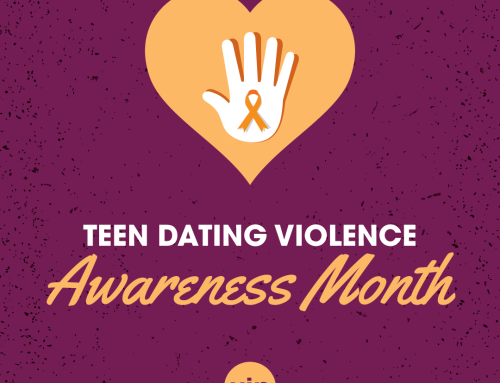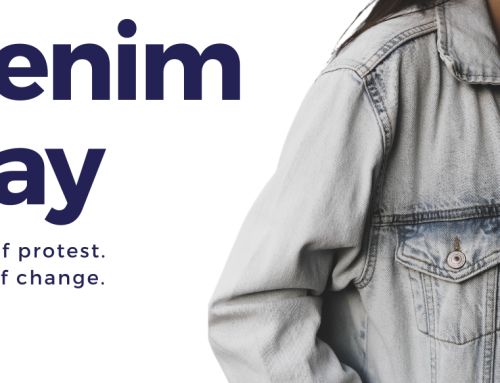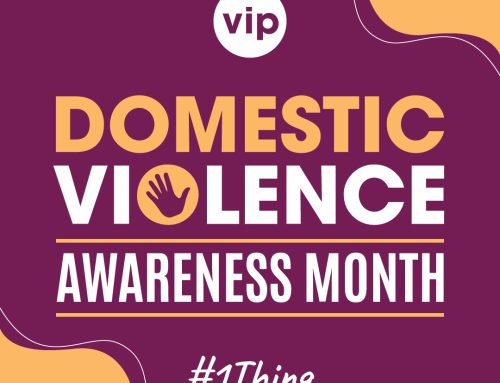January is Human Trafficking Awareness Month. Although January is ending, we will continue to talk about human trafficking as it very sadly is happening not only in the United States, not only in Pennsylvania but also in Wayne County and surrounding areas.
So what is human trafficking?
Human trafficking is modern day slavery. Human trafficking involves the use of force, fraud or coercion to obtain some type of labor or commercial sex act. When minors are involved, you do not need force, fraud or coercion for it to be trafficking. Transportation from one place to another does not need to take place for trafficking to occur.
Sex trafficking is the recruitment, harboring, transportation, provision or obtaining of a person for the purposes of a commercial sex act, in which the commercial sex act is induced by force, fraud or coercion, or in which the person induced to perform such acts is not yet 18.
Labor trafficking is the recruitment, harboring, transportation, provision or obtaining of a person for labor or services, through the use of force, fraud or coercion for the purposes of subjection to involuntary servitude, peonage, debt bondage or slavery.
Who are the victims?
Trafficking victims can be any age, gender, race or nationality. More than 80% of trafficking victims are females and over 50% are children. The average age a child is first exploited through prostitution or sold for sex is 12-14 years of age. Children are NOT prostitutes; they are prostituted. Minors CANNOT legally consent to having sex. The average age a male first buys sex is 21.
How does this happen?
Traffickers and pimps use physical, emotional and psychological abuse to coerce young women, young men, girls and boys into a life in sex trafficking.
Traffickers often use young men to recruit girls from middle schools and high schools. They also target other areas that attract youth such as malls, parks and even group homes. They take the approach that no one understands them as he does; they start dating and begin to form a perceived relationship. Traffickers are con men. They are selling the idea of a better life. They are selling an idea of love. There is a grooming process that goes on, very similar to child sexual
abuse. The victims often see these traffickers as their boyfriend.
A documentary showed two journalists interviewing a trafficker (Matthew DeiAco) while he was in jail. They asked him how he would get the girls. This was his response:
“It’s easy –most of these girls are broken. You have to answer their gull. You just have to find the crack. Tell them you will take care of them. They will do it – you are selling them their dream”
The survivors that share their stories will say similar things – that they were lonely and the trafficker led them to believe he was a friend or a boyfriend who would take care of them.
This is a crime that is happening in plain sight all around us. Cases have been reported in domestic work, agriculture, transportation, restaurants/food service, health and beauty services, commercial front brothels, online ads, residential brothels and hotels/motels among others.
What you can do:
- If you see something, say something.
- Follow your gut
- Contact the National Human Trafficking Resource Center at 1-888-373-7888
- Text HELP to 233733 – the Befree textline operated by Polaris
- Contact your local police
- Contact Victims’ Intervention Program 570-253-4401
For more information on human trafficking, please call Victims’ Intervention Program at 570-253-4401.





